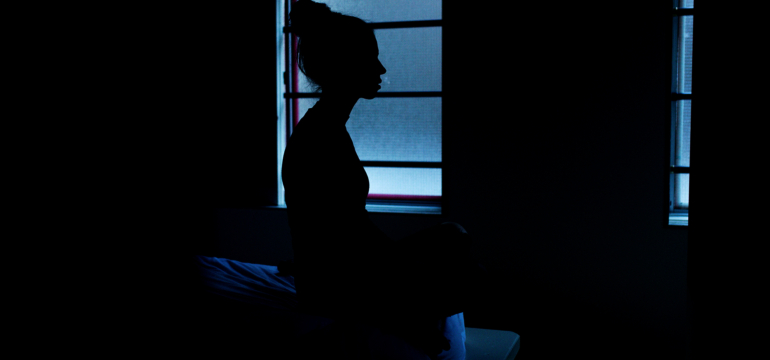WORLD MENTAL HEALTH DAY 2021: Sleep Paralysis and Mental Health
In celebration of World Mental Health Day, Fine Mattress will discuss sleep paralysis connecting to mental health.
According to the UK’s National Health Service, sleep paralysis can trigger conditions like anxiety, stress, and depression. It has shown a connection include panic disorders, post-traumatic stress disorder (PTSD), and other types of physical and emotional distress.
Generally, the person’s mental health will be the consequence of sleep paralysis. It may develop negative thoughts about going to bed, being anxious around bedtime that may lead to lack of sleep or reduced the quality of sleep.
Other sleeping problems have shown some of the strongest correlations with sleep paralysis with the following aspects:
- Sleep Apnea
- Insomnia
- People with night-time leg cramps
- Traveling people experiencing Jet Lag
- Shift Workers
Sleep Paralysis, according to sleepfoundation.org, is a temporary inability to move that occurs right after falling asleep or waking up.
The most symptom of sleep paralysis is the lack of ability to move the body, known as Atonia. These can occur when falling asleep or waking up, and during an episode, a person feels awake and is aware of the loss of body movement.
Atonia is often distressing, and troubling hallucinations can make sleep paralysis episodes even more inconvenient.
A first step in treating sleep paralysis is to talk with a doctor to identify and address problems that may be contributing to the frequency or severity of episodes.
For instance, sleep paralysis can be prevented by improving sleep quality. The examples of healthy sleep tips are as follows:
- Following the same schedule for going to bed and waking up every day, including weekends.
- Keeping a set pre-bed routine that helps you get comfortable and relaxed.
- Outfitting your bed with a comfortable mattress or pillow.
- Setting up your bedroom to have limited intrusion from light or noise.
- Reducing consumption of caffeine, especially in the evening.
- Putting away electronic devices, including mobile phones, for at least a half-hour before bed.
Sources:
https://www.sleepfoundation.org/parasomnias/sleep-paralysis
https://www.thestar.com/life/2018/01/31/sleep-paralysis-linked-to-anxiety-stress-and-depression.html








There are no comments